
Agrarian Urbanism
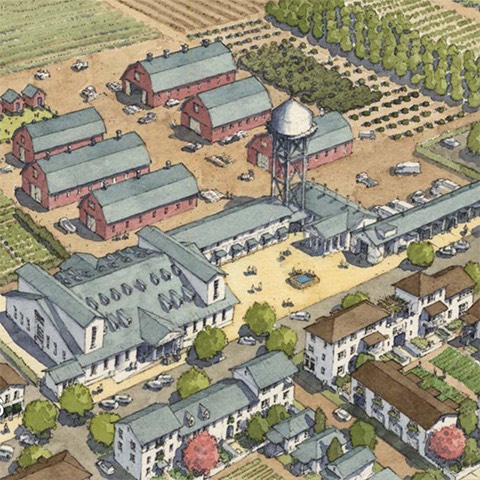
Agrarian Urbanism is an initiative hosted by DPZ, and is a system of urban agriculture that works at a range of scales across the Transect, from window gardens to (where space is available) family farms and farming cooperatives. Agrarian Urbanism allows a community to build its own local economy around food production, processing, and sales.
Why? Agrarian Urbanism doesn’t just produce food in the neighborhood, but also creates a food culture among the people. While this may not be the first result in an urban triage situation, it should be a longterm goal.
Black Warrior Solid Waste Disposal Authority
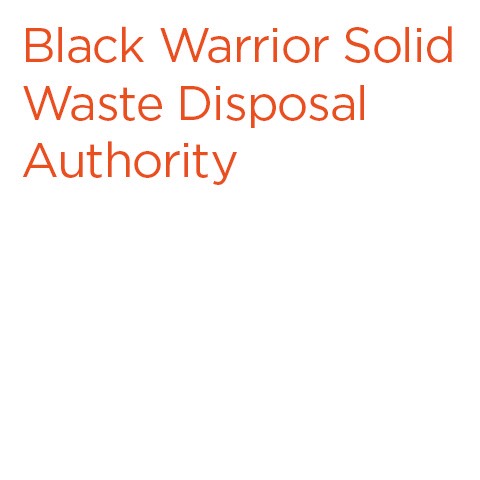
The mission of the Black Warrior Solid Waste Disposal Authority is to safely dispose of solid waste in a technology progressive facility which meets or exceeds all federal and state regulations at competitive pricing, and which is ecologically friendly to the surrounding environment and wildlife.
Why? There are opportunities for waste stream segregation for composting.
Center for Sedimentary Basin Studies
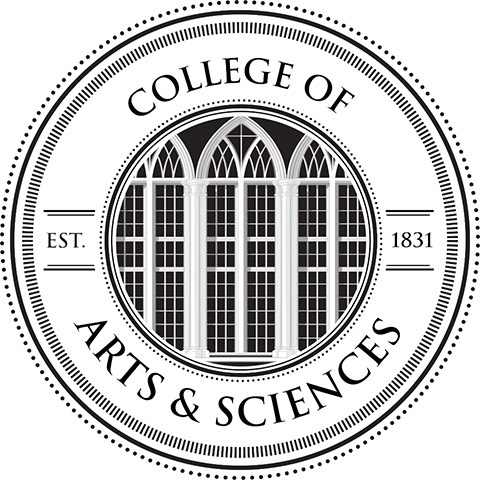
The Center for Sedimentary Basin Studies is a part of the University of Alabama’s College of Arts & Sciences. The purpose of the Center is to provide program support in interdisciplinary teaching and research in the geosciences and related fields and a structure and focus for cooperative and applied sedimentary, stratigraphic, petroleum geosciences, and surface- and groundwater research.
Why? There are opportunities for research collaboration, information, and technology, and to look at pre- and post-development impacts on sedimentary basins.
Point of Contact: Dr. Berry H. (Nick) Tew, Jr., CSBS Director, Professor, State Geologist of Alabama and Director of the Geological Survey of Alabama–Petroleum Geology, Stratigraphy, Sedimentary Basin Analysis, Water Resources Investigations
Detroit Dirt
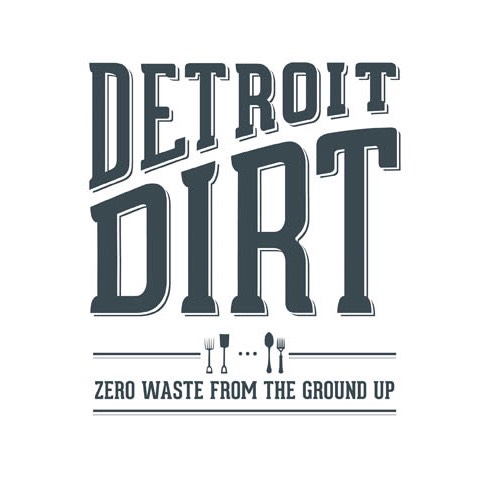
Detroit Dirt is a compost company working to turn forgotten parcels of land in Detroit into urban farms that not only feed, but revitalize the community. Their mission is to become an engine for the urban farming movement by regenerating waste into the resources that will reshape Detroit.
Why? This should be a model for composting companies in cities everywhere. Just as recycling has become a viable business model in many places for inorganic materials, composting should be considered a business opportunity for recycling organic wastes.
Rodale Institute
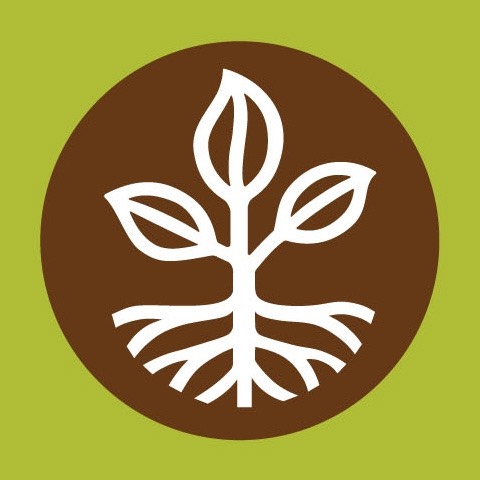
The Rodale Institute’s motto has been Healthy Soil = Healthy Food = Healthy People since 1947. For more than sixty years, they have been researching the best practices of organic agriculture and sharing their findings with farmers and scientists throughout the world, advocating for policies that support farmers, and educating consumers about how going organic is the healthiest option for people and the planet.
Why? For those raising their own food, organic produce is simply healthier than food laced with pesticides and herbicides. For those raising food for sale, organic food commands a premium price which can be the difference in the success of an urban farm.
Soil Science Society of America
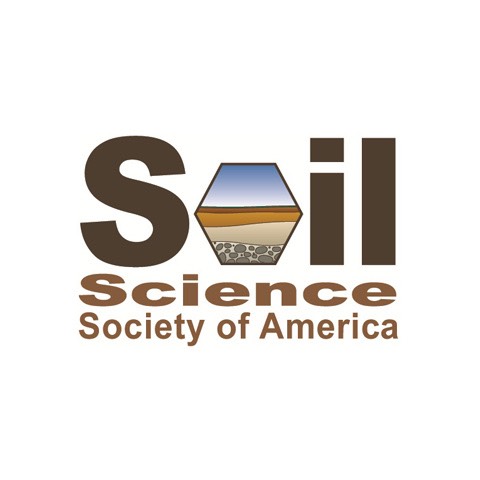
The Soil Science Society of America is an international scientific society that fosters the transfer of knowledge and practices to sustain global soils. Based in Madison, WI, and founded in 1936, SSSA is the professional home for 6,000+ members and 1,000+ certified professionals dedicated to advancing the field of soil science.
Why? The Society provides information about soils in relation to crop production, environmental quality, ecosystem sustainability, bioremediation, waste management, recycling, and wise land use.